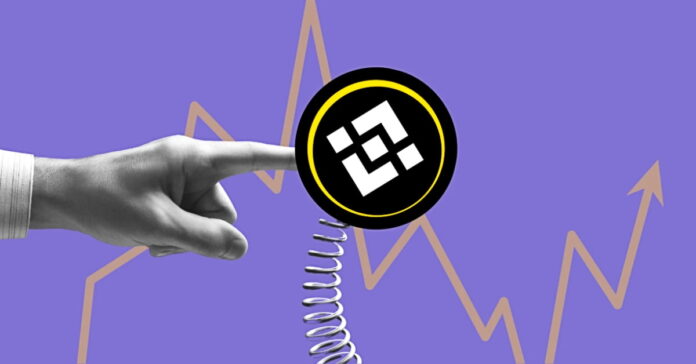Cryptocurrency markets have long been plagued by the threat of cyber attacks and financial fraud, with malicious actors constantly seeking new vulnerabilities to exploit. One such incident recently came to light, as the cybersecurity firm Cyvers Alerts uncovered a significant breach at Bankroll Status, a decentralized finance (DeFi) platform on the BNB Chain. According to their findings, the notorious Dualpools hacker team orchestrated an attack that resulted in the loss of over $230,000 in BNB tokens, a staggering crypto loss.
This case highlights the ongoing challenges faced by the DeFi ecosystem, where even established DeFi exchanges can fall victim to sophisticated hacking tactics. As the investigation into the Bankroll Status breach continues, it serves as a stark reminder of the importance of robust security measures and vigilance among crypto users and platforms to prevent such crypto attacks.
Bankroll Status Breach: Dualpools Hacker’s Targeted Attack
Cyvers Alerts, a leading cybersecurity firm, was the first to report on the suspicious and likely fraudulent transaction involving Bankroll Status on the BNB blockchain. According to their analysis, the DeFi platform suffered a $230,000 loss due to a malicious operation.
Interesting Read: Sui Blockchain Uncovered: Your Definitive Guide to Sui Network
The security firm’s investigation revealed that the attack was orchestrated by the Dualpools hacker group, known for its distinct modus operandi that resembles a sophisticated casino heist. Cyvers had previously detected the deployment of a malicious smart contract targeting Bankroll Status around 90 days ago, laying the groundwork for the eventual exploit.
Dualpools Hacker’s Modus Operandi
The Dualpools hacker group, considered by some to be the best hackers, is notorious for its sophisticated tactics in exploiting smart contract vulnerabilities within DeFi protocols. Their typical approach involves the deployment of malicious smart contracts, which they then use to systematically drain funds from unsuspecting users, much like a well-planned heist.
In the case of Bankroll Status, the hackers leveraged the previously deployed contract to gain unauthorized access to the platform’s systems and siphon off the BNB tokens, likely by compromising private keys. This type of attack highlights the inherent risks associated with the open-source nature and fast-paced development of DeFi projects, where vulnerabilities can often go undetected until it’s too late.
Read More: Celestia Raises $100M to Revolutionize Blockchain Scalability
Wider Implications: Crypto Ecosystem Under Siege
The Bankroll Status breach is not an isolated incident, but rather part of a broader trend of hacking and crypto fraud within the cryptocurrency space. Cyvers Alerts has reported on several other high-profile cases, including suspicious transactions involving the WazirX exchange and the BingX platform, which has drawn comparisons to the infamous Pepe Suspicious meme.
These incidents underscore the urgent need for enhanced security measures and greater investor awareness across the DeFi ecosystem. As the value of digital assets continues to grow, so too does the incentive for cybercriminals to target these platforms, putting the funds and personal data of millions of users at risk.
Conclusion
The Bankroll Status breach and the wider spate of hacker attacks in the crypto industry serve as a sobering reminder of the ongoing battle against crypto fraud and cybercrime. As the value of digital assets continues to grow, so too will the incentive for malicious actors to target these platforms through off-chain attacks and other means.
However, the crypto community has demonstrated its resilience and adaptability in the face of such challenges. By embracing a culture of vigilance, collaboration, and continuous improvement in securing assets, the industry can work to safeguard the integrity of the crypto ecosystem and protect the interests of its users. Platforms like Arweave Wallet and Solana Status offer promising solutions for enhancing security and transparency, while initiatives like Coinbase Server Status provide real-time updates on the health of major exchanges.
Disclaimer: The information provided in this article is for informational purposes only and does not constitute financial advice. Investing in cryptocurrencies involves risks, and readers should conduct their own research and consult with financial advisors before making investment decisions. Hash Herald is not responsible for any profits or losses in the process.













